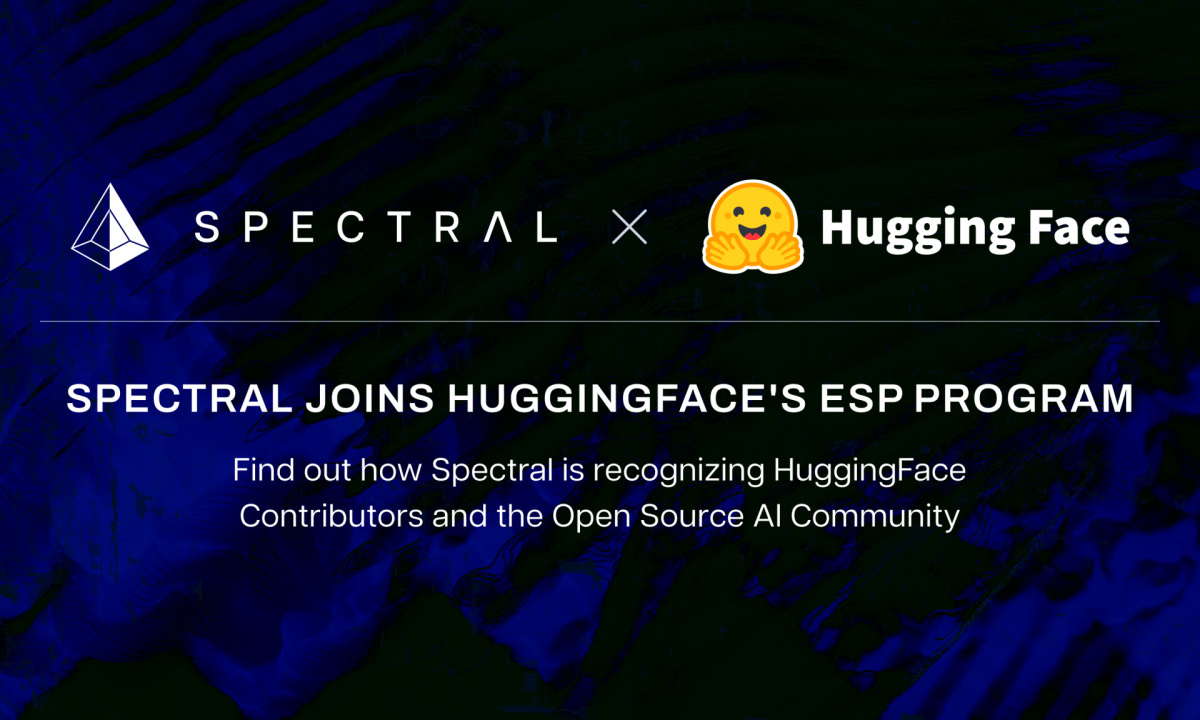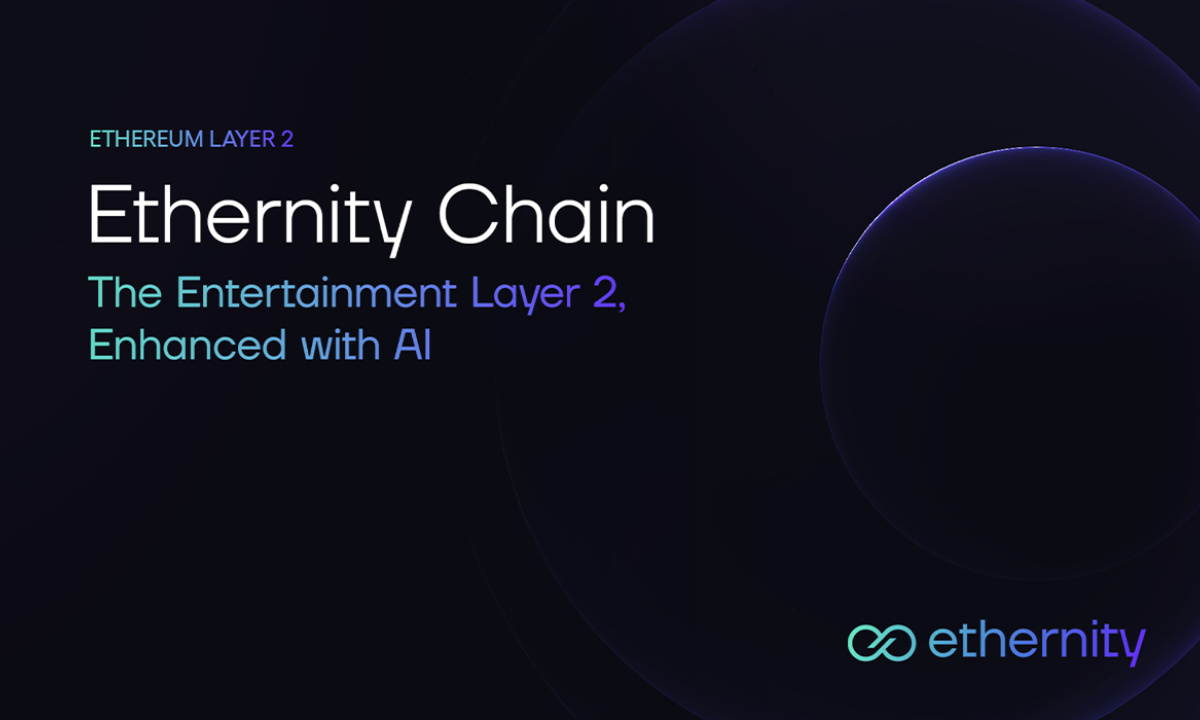Understanding the Concept of a Decentralized Marketplace
A Decentralized Marketplace is a platform that operates on blockchain technology and enables traders and investors to engage in direct trading without the need for intermediaries. This global marketplace eliminates the reliance on middlemen and facilitates peer-to-peer transactions.
One of the key features of a decentralized marketplace is that it ensures trust and security among traders. Each participant possesses an identical copy of the data, and any attempt to modify or corrupt the information will prevent the execution of the transaction. This eliminates the need for trust between traders as the system itself guarantees the integrity of the data.
Furthermore, decentralized marketplaces address the vulnerabilities associated with centralized systems. By removing the dependence on specific actors, these marketplaces minimize the risk of resource scarcity, system outages, bottlenecks, corruption, and inefficiencies. This ensures a more robust and reliable trading environment.
While decentralized marketplaces are commonly associated with cryptocurrencies, they can also facilitate the trading of various assets such as NFTs, real estate properties, and even patented innovations or intellectual property.
In contrast, centralized marketplaces often impose higher fees, lack transparency, and enforce rules that may not align with the preferences of users. Additionally, the reliance on a single point of control in centralized systems increases the vulnerability to security breaches and failures. Decentralized marketplaces, on the other hand, rely on smart contracts to execute trades directly between traders, minimizing security risks.
Decentralized marketplaces offer enhanced transparency as all traders must mutually agree on the data and information exchanged during transactions. The absence of intermediaries also leads to significantly lower transaction costs.
Transactions on a decentralized marketplace are executed automatically when buyers and sellers agree to the specified conditions. Moreover, geographical proximity is not a requirement for trading, allowing participants from different locations to engage in transactions.
About the Author:
Johannes Schweifer is the CEO of CoreLedger, a company that empowers businesses of all sizes to leverage the benefits of blockchain technology. Schweifer has co-founded multiple blockchain start-ups, including Bitcoin Suisse. With a master’s degree in Chemistry and a PhD in distributed computing and quantum chemistry, he is a dedicated problem solver and an expert in his field.











